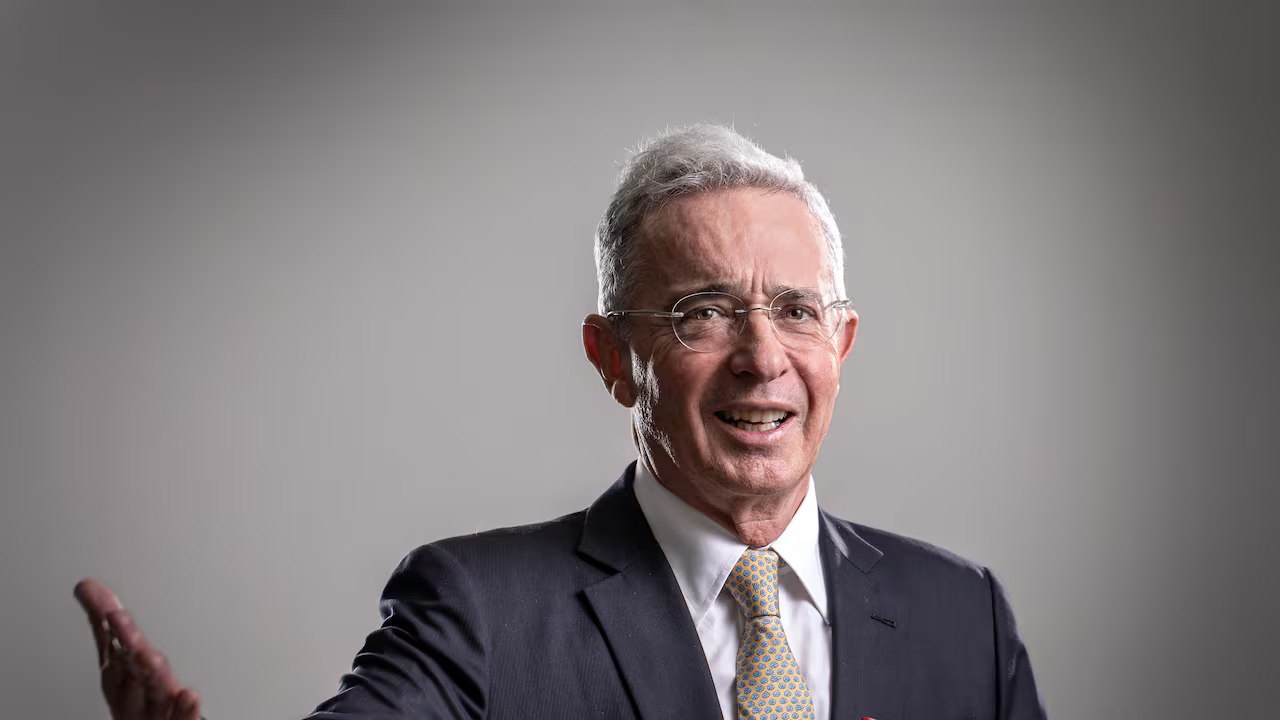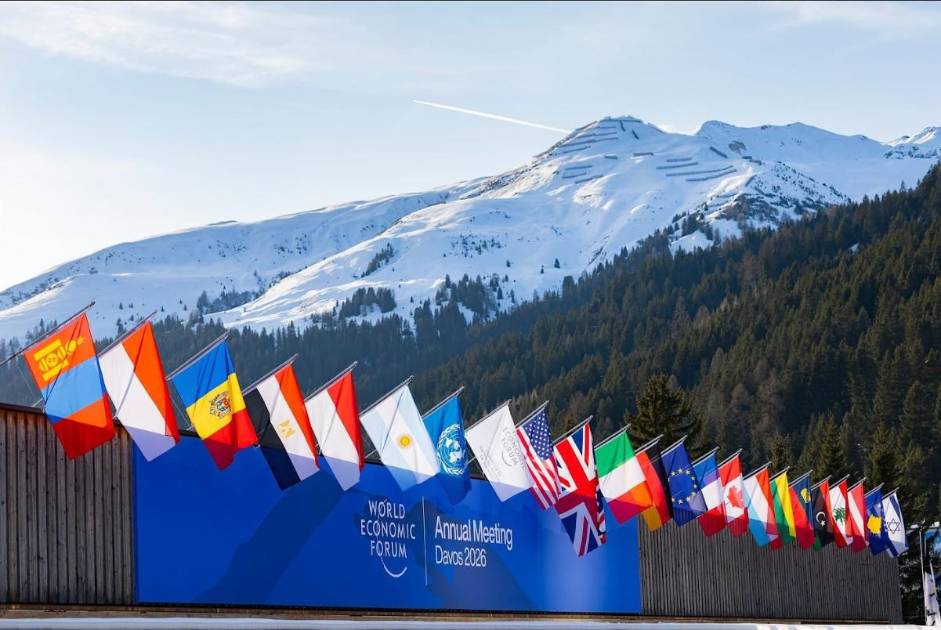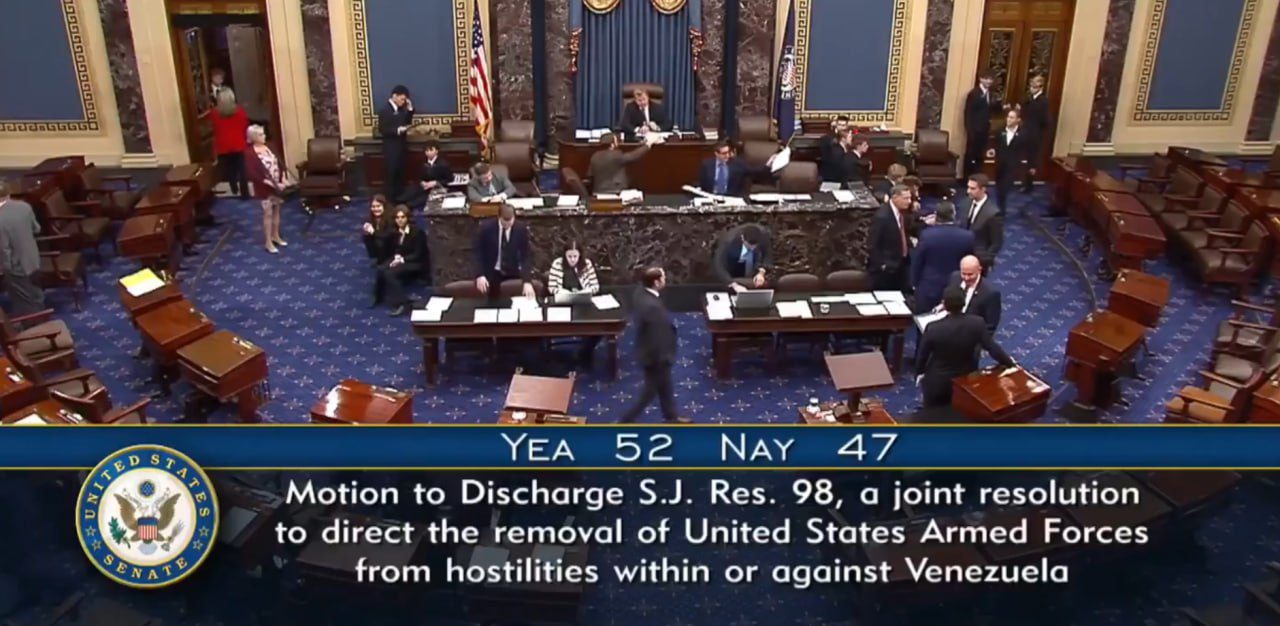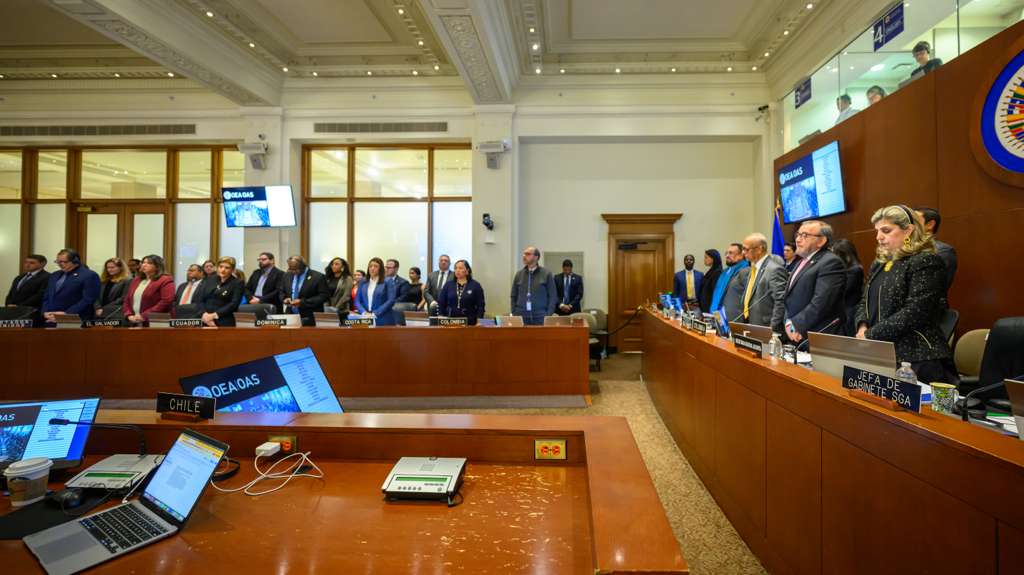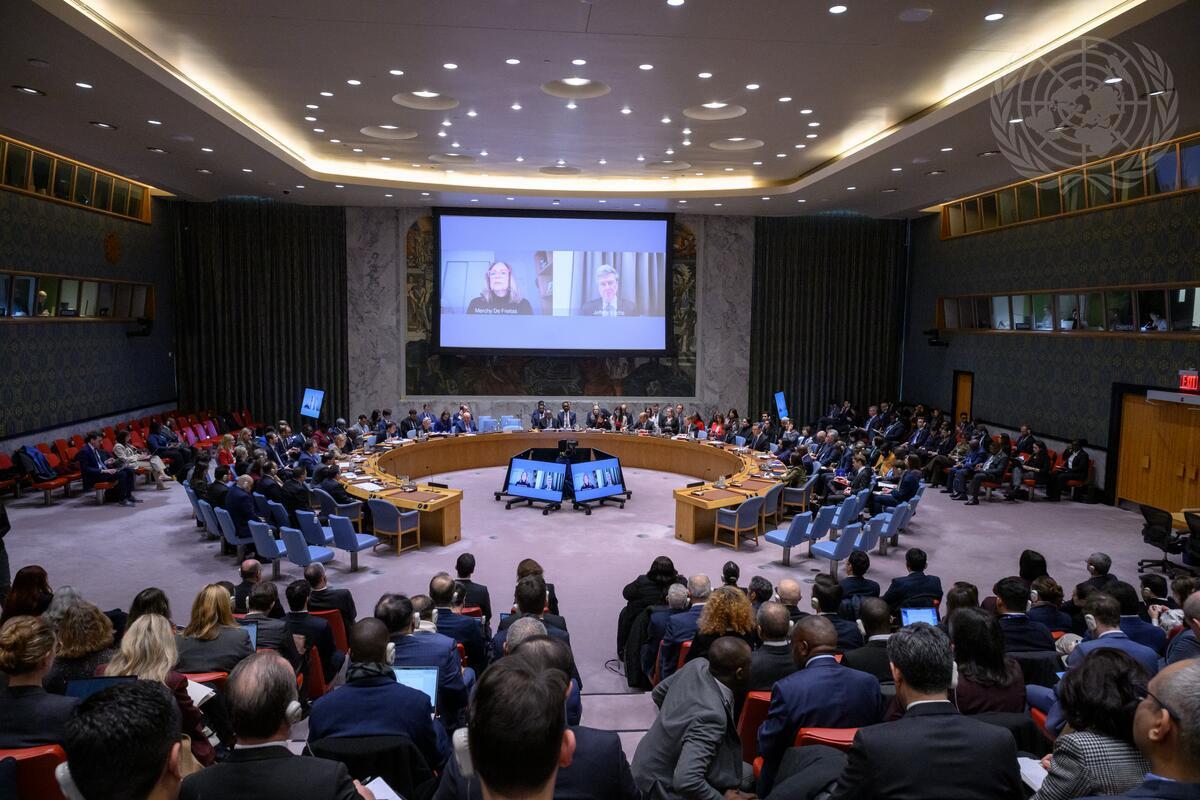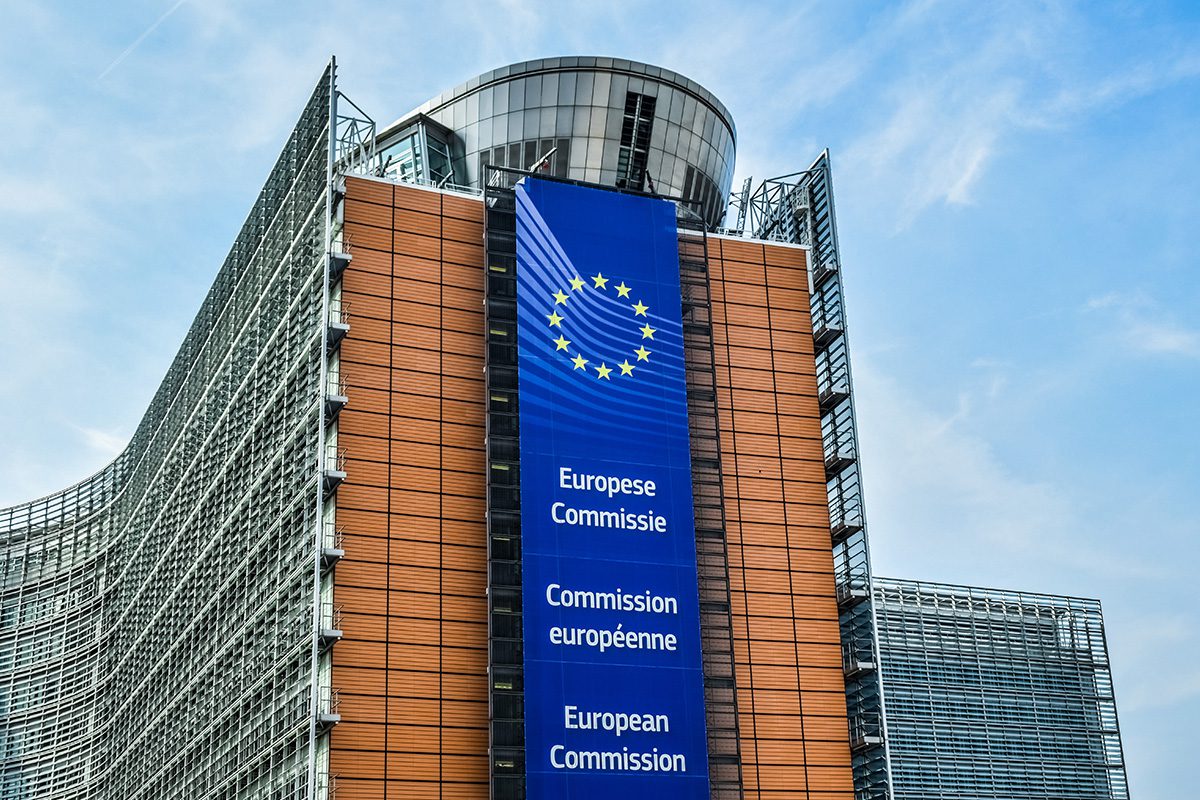In 2012, the former president was accused of instructing third parties to manipulate imprisoned witnesses into testifying in his favor, amid allegations of alleged ties to paramilitary groups. Photograph: Website of the Democratic Center.
Guacamaya, October 21, 2025. The Bogotá Superior Court overturned the second-instance conviction against Álvaro Uribe Vélez, former president of Colombia, in a decision with major legal and political implications for the country. The court declared Uribe innocent of the charges against him, which were related to bribery and procedural fraud, marking a new turn in his controversial judicial process.
In the second phase of the trial, the Bogotá Superior Court—composed of magistrates Manuel Antonio Merchán, Alexandra Ossa, and María Leonor Oviedo—decided to acquit former president Álvaro Uribe of the charges. However, magistrate Oviedo dissented from the majority ruling through a separate opinion.
Initially, Álvaro Uribe Vélez had been sentenced to 12 years of house arrest for allegedly engaging in witness bribery to improve his public image, as well as procedural fraud. Judge Sandra Heredia issued the sentence against Uribe, 73, following accusations made in 2012 by Senator Iván Cepeda, who claimed Uribe had ties to paramilitary groups.
After a thorough review of the evidence and procedures, the Bogotá Superior Court decided to nullify the previous conviction, stating that there was insufficient evidence to uphold Uribe’s guilt. The ruling emphasized that the evidence previously used lacked legal solidity and that errors were made in the assessment of the proof.
Among the court’s strongest statements regarding its recent decision were claims that the initial ruling was marked by “gross negligence,” “lack of diligence,” and “rhetorical bias.” It also highlighted that the interception of Uribe’s communications was based on erroneous data and that no judicial warrant had been issued for such action.
Although the revocation immediately frees Álvaro Uribe from the conviction, the case now moves to the cassation stage—the final instance in the judicial process—where the legality of the proceedings and the basis of the accusations will be examined in greater depth. The trial has drawn national and international attention due to its impact on Colombian politics and justice.
This ruling carries significant political weight, as Uribe remains a central figure in Colombia and leader of the Democratic Center, a highly influential political sector. His supporters celebrated the decision, calling it a victory for justice and truth. However, President Gustavo Petro stated that the ruling “covers up the history of paramilitary governance in Colombia.”

